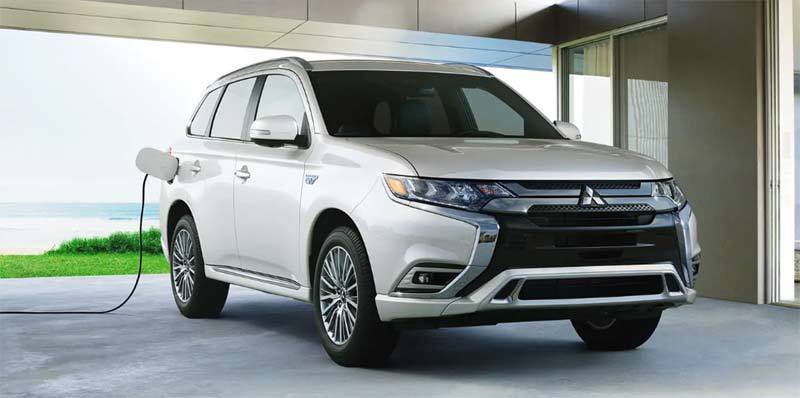Vietnam to raise tax on cars with high emissions
Experts have suggested imposing high taxes on vehicles and encouraging the use of electric cars.
At a seminar on urban transport’s impact on the environment held several days ago, Yann Maublanc from Espelia said that, after electric car usage kicked off, nitrogen oxide emissions in the populous Île-de-France decreased by 37 percent in 2005-2015, while emissions from transport decreased by 32 percent. The volume of fine dust, which caused 50,000 deaths a year, also fell by 36 percent.
The decreases were not attributed to the reduction in number of vehicles, but to the increase in the number of electric vehicles.
Vietnam is entering a motorization period. Experts say that if Vietnam cannot reduce the number of vehicles in circulation, it needs to restrict the use of old-technology vehicles and encourage vehicles using clean green technologies.
But the problem is that the vehicles using new technologies are pricey.
HEV (hybrid electric vehicles) are believed to be a solution to environmental problems in Vietnam. The School of Transportation Engineering under the Hanoi University of Science and Technology, after an experiment, concluded that HEV has outstanding advantages over traditional internal combustion vehicles in Vietnamese conditions, especially in terms of fuel savings.
The researchers used two Toyota Corola Cross 1.8L for the experiment, one with hybrid technology and the other with internal combustion engine technology.
On inner city roads, the hybrid only consumed 5.6 liters of petrol per 100 kilometers in rush hours, 4.8 liters in normal hours and 4.6 liters on highways.
The figures were 11.2 liters, 10.3 liters and 5.7 liters for an international combustion engine car.
Experts pointed out that in foreign countries, hybrids have become more popular than ever as they are green, clean and friendly to the environment. At first, people drove small cars, but there are now medium and large hybrids as well.
In Vietnam, hybrids do not enjoy any preferences compared with traditional internal combustion engine cars. Both types of cars bear the same import tariff, luxury tax and VAT.
Using high technologies, hybrids have high prices. In Vietnam, a hybrid is at least VND100 million more expensive that an internal combustion engine car. The modest income of Vietnamese explains why they are indifferent to hybrids.
Enterprises have been calling for reasonable policies to encourage people to use green cars. With preferential taxes and fees, hybrids would become cheaper and more people would use them. But policies have not been created.
That is why the number remains small. VAMA reported that 289 hybrids were imported in 2010, then the figure rose to 347 in 2011, but once again dropped to 131 in 2015. The imports continued to drop to to 84 in 2016 and 20 in 2017.
In late 2020, the sales of hybrids increased slightly with the hybrid version of Toyota Corolla Cross imported from Thailand. However, it is estimated that there are only 1,000 hybrids of different kinds, or just 0.3 percent of total cars.
Environmental quality
Some enterprises have tried to develop PHEV (plug in hybrid electric vehicle), but their efforts did not bring the desired effects.
| It is impossible to shift to use EV immediately. Enterprises still need more time, more preferences and high financial capability to develop infrastructure and technology. |
Mitsubishi Motors Vietnam introduced the Outlander PHEV in 2017, but there has been no information about sales.
The model uses two electric engines and a petrol one. Once fully charged, the car can run 60 kilometers without petrol. If it needs to go further, the petrol engine will be activated to charge the battery with electricity and support acceleration.
The Outlander PHEV consumes 1.9 liters per 100 kilometers, with CO2 volume of 44g/km, lower than the 173g/km of normal cars.
The product line has a preferential luxury tax, 70 percent of petrol engine cars, so the selling price is still high.
In order to develop these products, it is necessary to develop a network of electricity charging stations, like the one for EV (electric vehicle).
In Vietnam, the EV market has seen considerable progress compared with 2-3 years ago. VinFast has its first orders for its first EV model, and plans to delivery products in November. Some companies have imported EVs for domestic sale and their prices are nearly the same as petrol cars of the same segments.
In some cities, electricity charging stations have been built which allow drivers to charge quickly. A 25-minute charge is equal to 200 kilometers of travel.
But analysts still believe that it is impossible to shift to use EV immediately. Enterprises still need more time, more preferences and high financial capability to develop infrastructure and technology.
Frost and Sullivan believe that PHEV and EV will account for 30.4 percent of total cars in the world by 2030.
Experts believe that Vietnam needs to impose high taxes on vehicles that produce high emissions that pollute the environment. At the same time, it is necessary to encourage or even award clients using electrified vehicles. A good transport system and reduced pollution will attract investors and improve people’s lives.
Tran Thuy
Source: https://vietnamnet.vn/en/feature/vietnam-to-raise-tax-on-cars-with-high-emissions-727146.html


 Thailand
Thailand




